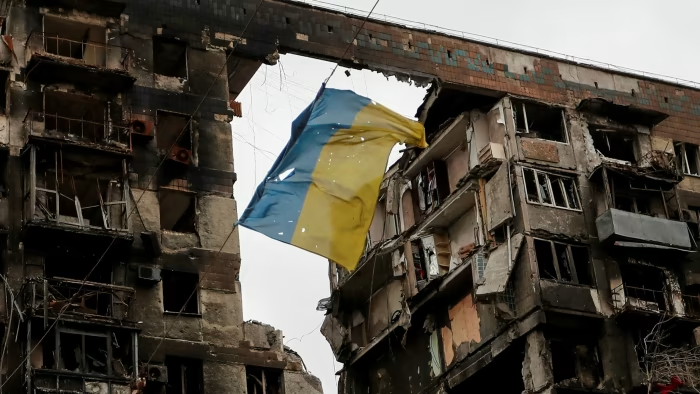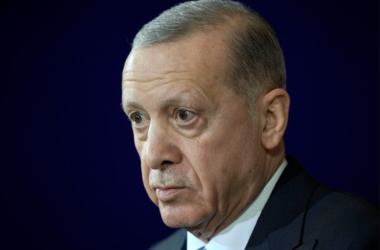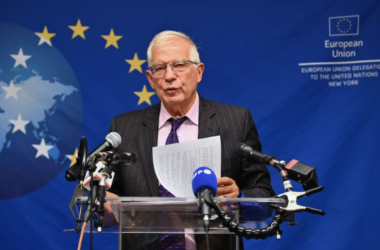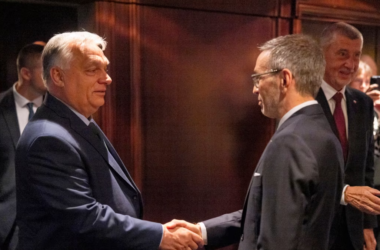As the conflict between Ukraine and Russia continues, many observers are questioning whether Ukraine can ultimately prevail. The recent developments in the eastern Donbas region have painted a grim picture for Ukraine’s prospects. The Russian offensive, which began in early June, has led to significant territorial gains for Russia through extensive air strikes, artillery bombardments, and relentless ground assaults.
Strategic Setbacks for Ukraine
One of the critical setbacks for Ukraine was the retreat from Chasiv Yar, a strategically important town. Its hilltop position is crucial for the control of key cities in the Donetsk region. The withdrawal from Chasiv Yar has given the Russian forces a significant advantage, allowing them to intensify their assaults on remaining Ukrainian-held territories. Furthermore, Ukrainian forces have also pulled back from several villages in the Kharkiv region, facing continuous pressure from Russian troops.
Challenges Beyond the Battlefield
Beyond the immediate territorial losses, Ukraine faces numerous challenges that could hinder its ability to win the war. A shortage of resources, including weapons and air defenses, has been a significant issue. Despite the approval of a $2 billion fund from the US in May and an additional $225 million package in June, there are concerns about whether these supplies will be sufficient to turn the tide.
Moreover, the morale of Ukrainian troops and citizens appears to be waning. The initial surge of patriotic fervor that saw draft centers flooded with volunteers has diminished. Reports suggest that approximately 650,000 men of fighting age have fled Ukraine in the past two years, many escaping to neighboring countries like Poland and Slovakia. This exodus reflects a growing disillusionment among Ukrainians about their chances of victory.
Russia’s Resilience
Russia’s resilience, both economically and politically, has also played a significant role in the ongoing conflict. Despite Western sanctions, Russia’s economy has shown remarkable stability. The International Monetary Fund (IMF) has raised its forecast for Russia’s economic growth to 3.2% in 2024, a rate that surpasses those of many Western countries. This economic strength, coupled with Russia’s ability to restructure its trading relationships and increase military spending, has provided a buffer against the impact of sanctions.
Politically, President Vladimir Putin has further consolidated his power, recently securing another six-year term in an election regarded by Western nations as fraudulent. This political stability allows Putin to continue his strategies without immediate domestic repercussions.
Moreover, some nations continue favorable relations with Russia. Recent visits by Indian PM Narendra Modi and Hungarian President Viktor Orbán highlight the futility of attempts to politically isolate Russia.
Potential Consequences
The implications of a Russian victory, whether partial or complete, is yet unclear. Most Western nations are resolute that they extend beyond Ukraine. It is theorized that if Russia achieves its objectives, it could embolden Putin to pursue further territorial ambitions, particularly in the Baltic states of Lithuania, Latvia, and Estonia. Such a scenario would have significant consequences for global stability and security. However direct attack on a NATO member will result in immediate escalation of the conflict and retaliation by the whole alliance. Whether it’s actually possible remains speculative at best.
The question of whether Ukraine will lose the war remains complex. While recent developments and ongoing challenges suggest significant hurdles, the outcome is still uncertain. The support from Western allies and the resilience of the Ukrainian people will be crucial factors in determining the future course of the conflict. However, the current trajectory underscores the formidable obstacles Ukraine faces in its struggle against a determined and resilient adversary.








